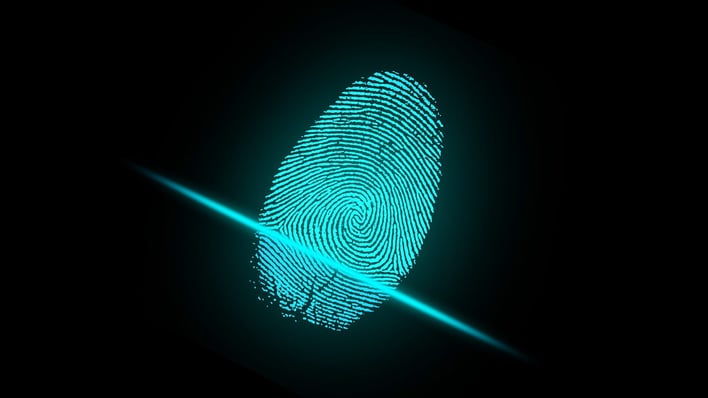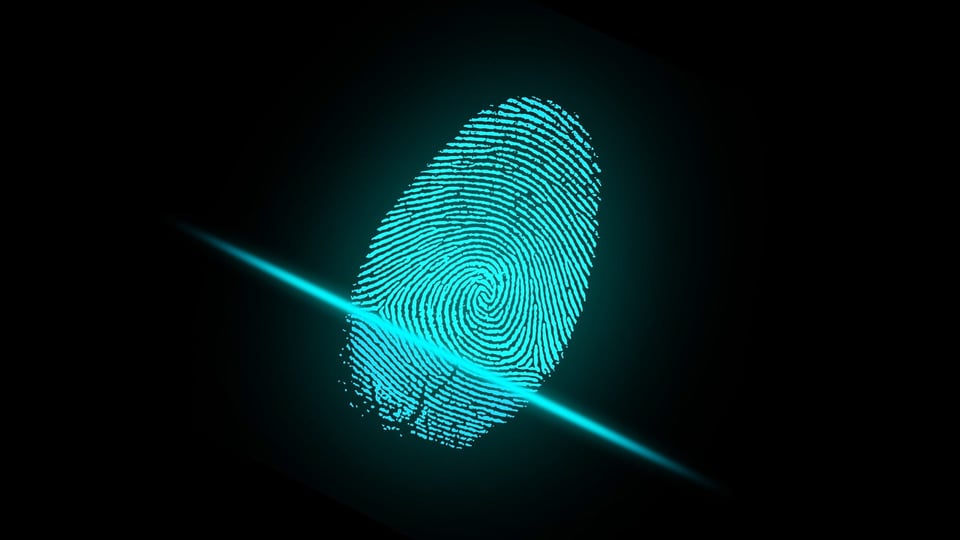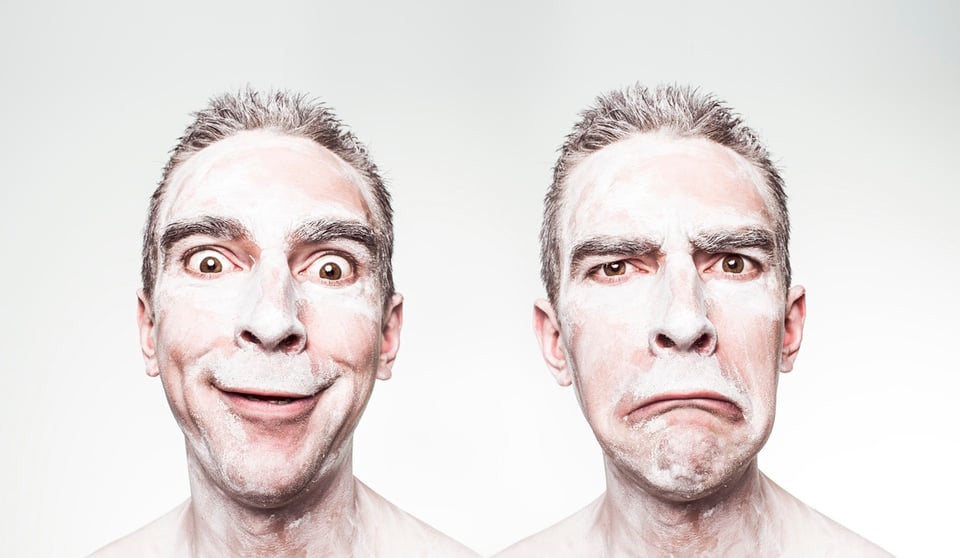
You’ve got a great idea. You’ve formulated a business plan and started to lay the groundwork for turning your idea into a profitable business. But is your idea protected?
If you’ve seen the movie The Social Network, you’ve witnessed firsthand how an innovative business concept can devolve into a nightmarish legal battle if the idea’s origin comes into question. So how can you prevent the same thing from happening to you? Do you need a copyright?
In this post, we’ll examine the different types of protection for your work to help you determine which one might be most suitable for you (note that the suggestions here are based on copyright and patent laws in the United States).
Ideas Versus Assets
First and foremost, it’s important to understand that an idea on its own is not copyrightable.
According to the United States copyright office, copyright does not protect ideas, concepts, systems, or methods of doing something. Rather, it protects the tangible expressions of these things.
For example, let’s say you were the person who first came up with the lines of the song ‘Twinkle Twinkle Little Star.’ The idea for the song alone would not be eligible for a copyright. As the thinking goes, no one person can “own” an idea.
But if you took your idea and wrote down the lyrics you came up with, that composition would be eligible for copyright.

In order to have something worth copyrighting, it must be in the form of a tangible asset, officially known as a ‘work of authorship.’ Some examples of this include manuscripts, drawings, blueprints, music compositions, pieces of film and so on.
Copyright grants the original author of a work the protection against other individuals or entities taking and using that work without explicit permission. So, to piggyback on the ‘Twinkle Twinkle’ song example, getting a copyright on your composition would protect you in the case that your roommate got hold of your diary and decided to produce and distribute the song himself.
For more information and to apply for a copyright, visit the US Copyright Office website.
Copyrights Versus Patents
Now that we’re digging into what a copyright is, you might be wondering, ‘but what about patents?’
Patents and copyrights share similarities in that they’re designed to protect original work, but patents apply specifically to inventions. According to the US Patent and Trademark Office, materials that can be patented include machines, manufactured articles, industrial processes, and chemical compositions.
Generally speaking, a patent is meant to protect against someone else stealing your invention and selling the same thing for profit.
There are two types of patents: design patents and utility patents. As their names suggest, a design patent protects the physical look of an article while a utility patent protects the way the article works or is used.
In the case of a Rubik’s cube, a design patent would be used to protect the physical cube with its 9x9 multi-colored sides, while a utility patent would be used to protect the functionality of a puzzle toy with rotating square faces.
It’s important to note that both copyrights and patents expire after a set number of years.
For more information on patents and to learn how to apply, visit the USPTO website.
Copyrights Versus Trademarks
Finally, the last item you might be wondering about: trademarks—AKA that miniature ‘TM’ symbol you see included in some graphics and brand names.
A trademark is different from a patent or copyright in that it’s meant to help distinguish your name or brand from other similar names or brands it might be confused with.
For example, let’s say I were to open a hamburger chain. It’s pretty obvious I couldn’t call my chain McDonald’s, because they’d sue the pants off me. But because of trademarks, it’s also highly unlikely that I’d be able to call my chain MacDonald’s or McDonnald’s.
Though both of those are slightly different from the original, McDonald’s would have a strong case that those names are confusing and infringe upon their trademark for the brand name.
Unlike patents and copyrights, which expire after a certain date, a trademark can be continuously renewed to protect your name or brand indefinitely.
To learn more and apply for a trademark, visit this section of the USPTO website.
So, depending on your business and what you’re looking to protect, you might need a copyright, a patent or a trademark. It’s also possible that you need all three.
You can apply for and secure any of them on your own using the resources mentioned above, but it can take a long time and if you make any mistakes in the process, you’ll prolong it even further. An experienced attorney can make the process go much smoother, clear up any confusion you have and help you submit materials with the best chance for getting approved.
Get on the fast track to running a more profitable business! Subscribe to The Profitable Entrepreneur below.
You Might Also Like...
What To Do When You’re Playing The Waiting Game
Is Your Business Making One Of These 10 Social Media Mistakes?













.png)


